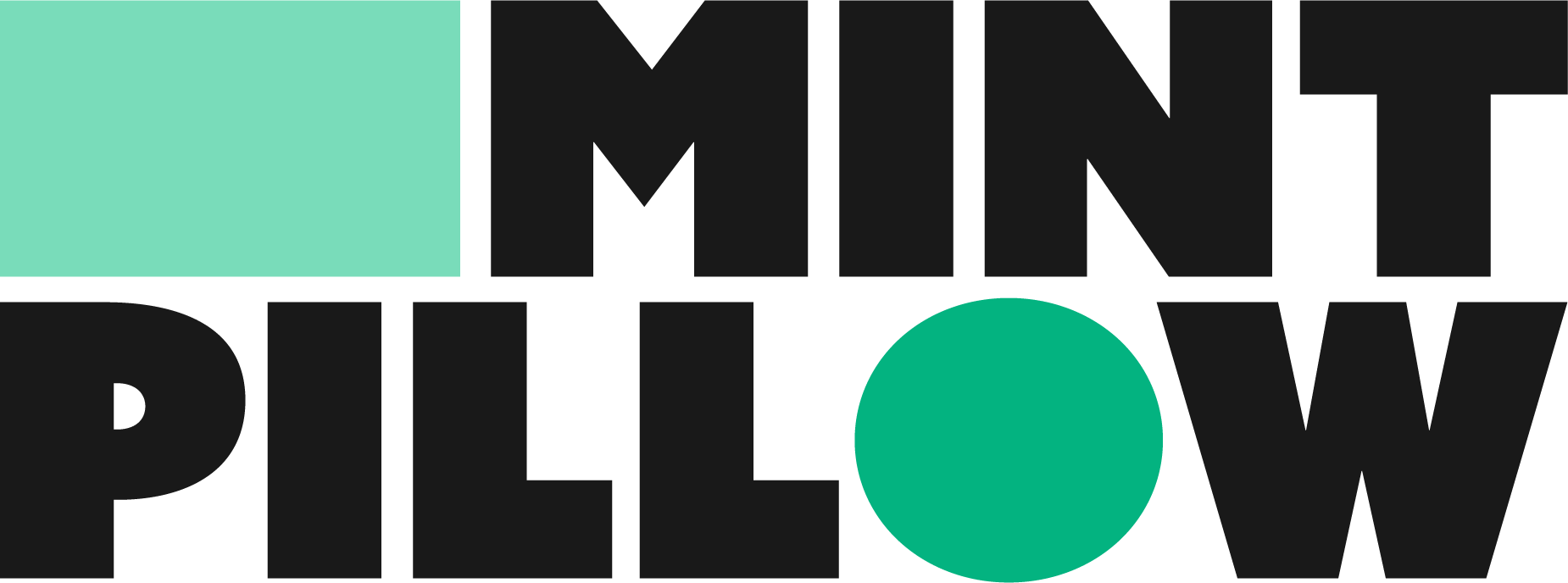'Technology plays a critical role in reducing operational friction'
Chief product officer Niki Johnson shares why tech is critical to the guest experience

A version of this story first appeared in the Mint Pillow newsletter. To get it in your inbox, sign up for free by clicking here.
By Jennifer Glatt | Mint Pillow
Niki Johnson is a technology trailblazer as the chief product officer for Otelier, where hospitality meets innovation. She specializes in blending tech, strategy and a deep understanding of guest experiences to create smarter, more profitable properties. Whether it’s optimizing operations, leveraging data or future-proofing businesses, she’s all about practical solutions with a forward-thinking edge. Here, she shares why tech is critical to the guest experience, why independent hotels have more flexibility to differentiate themselves in a sea of brands and why trusting her instincts is critical.
What excites you most about hospitality tech?
The convergence of data and innovation and what that means for productivity. At its core, hospitality is about delivering exceptional guest experiences, and technology plays a critical role in reducing operational friction. Automation allows teams to streamline processes, freeing them to focus on what truly matters: providing outstanding service. For example, a concierge can create meaningful guest interactions by leveraging both technology and personal expertise. As the industry continues to evolve, the potential to enhance these experiences through smart, data-driven solutions is more exciting than ever.
What’s the biggest tech challenge for independent hotels?
Remaining independent while competing without the advantages of a large brand. Major hotel brands benefit from economies of scale—they have sales and marketing engines with big budgets, loyalty programs that drive significant demand and access to technology at negotiated rates. One of the best ways for independents to differentiate themselves is by offering unique, authentic guest experiences that large brands often struggle to replicate. By integrating into their local neighborhoods, independent hotels can create a sense of place that feels personal and immersive. They also have more flexibility when it comes to packaging, bundling and marketing their offerings, allowing them to craft truly one-of-a-kind stays. Additionally, independents aren’t locked into brand-mandated technology, which means they can shop around for less costly solutions that best fit their needs.
What is one major challenge you have faced as you've advanced your career and how have you tackled it?
Recognizing when to make the jump from a supporting role to a leading role. This inflection point is critical in career growth and can feel uncomfortable, so often, we pause rather than act. One clear moment that comes to mind: Early in my career, as I was just starting to manage teams, I was in a role that was involved in everything, but not responsible for outcomes. After a couple of frustrating years in that role, I asked for a promotion in an area that was out of my wheelhouse, and it turned out well. But I had waited too long; that experience taught me to trust my instincts and act faster.
Have you encountered resistance or bias when introducing new tech solutions? How did you push through?
Introducing new technology almost always encounters some level of resistance. Sometimes as technologists, we get so excited about the new features or capabilities that are available, either in our own products or other products, that we forget about the human element and what really drives adoption of a new solution. Almost every user of hospitality tech solutions is already using a tool. When a new solution comes around, we’re not just introducing a tool that makes our users more productive or allows our clients to have more access to critical business data, we’re also introducing change. Navigating that change is probably the trickiest part of introducing new technology, and ignoring this is a common mistake. What I’ve learned is that it takes empathizing with your partners and being curious about their business processes and roll-out strategy. With this knowledge, you can not only help with adoption but improve product design, training and support materials, and help create an implementation process that focuses on adoption and use.
💯 Enjoying Mint Pillow? Share it with a friend.
👋 Have a story idea or want to say hello? Email us at newsletter@mintpillow.co




